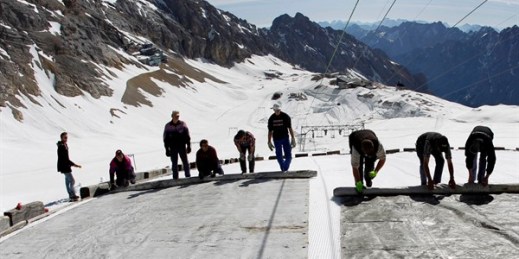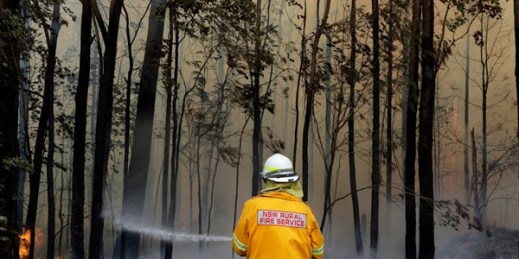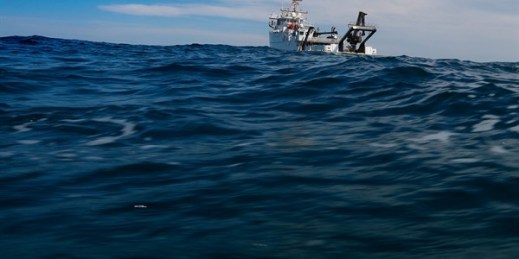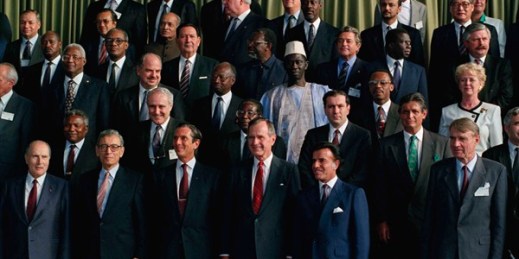
Humanity’s collective failure to reduce greenhouse gas emissions is driving the world inexorably toward geoengineering, or the intentional, large-scale human manipulation of Earth’s climate system. Facing runaway global warming, individual nations will surely develop and deploy new technologies to reduce atmospheric carbon dioxide and the planet’s exposure to solar radiation. Playing with the environment and the atmosphere, however, is playing with fire. Without adequate rules, geoengineering will create massive, unintended consequences, deepen geopolitical rivalries and hasten the world’s division into climate winners and losers. To avoid these fates, the world must create a robust multilateral regime to govern the research, […]




